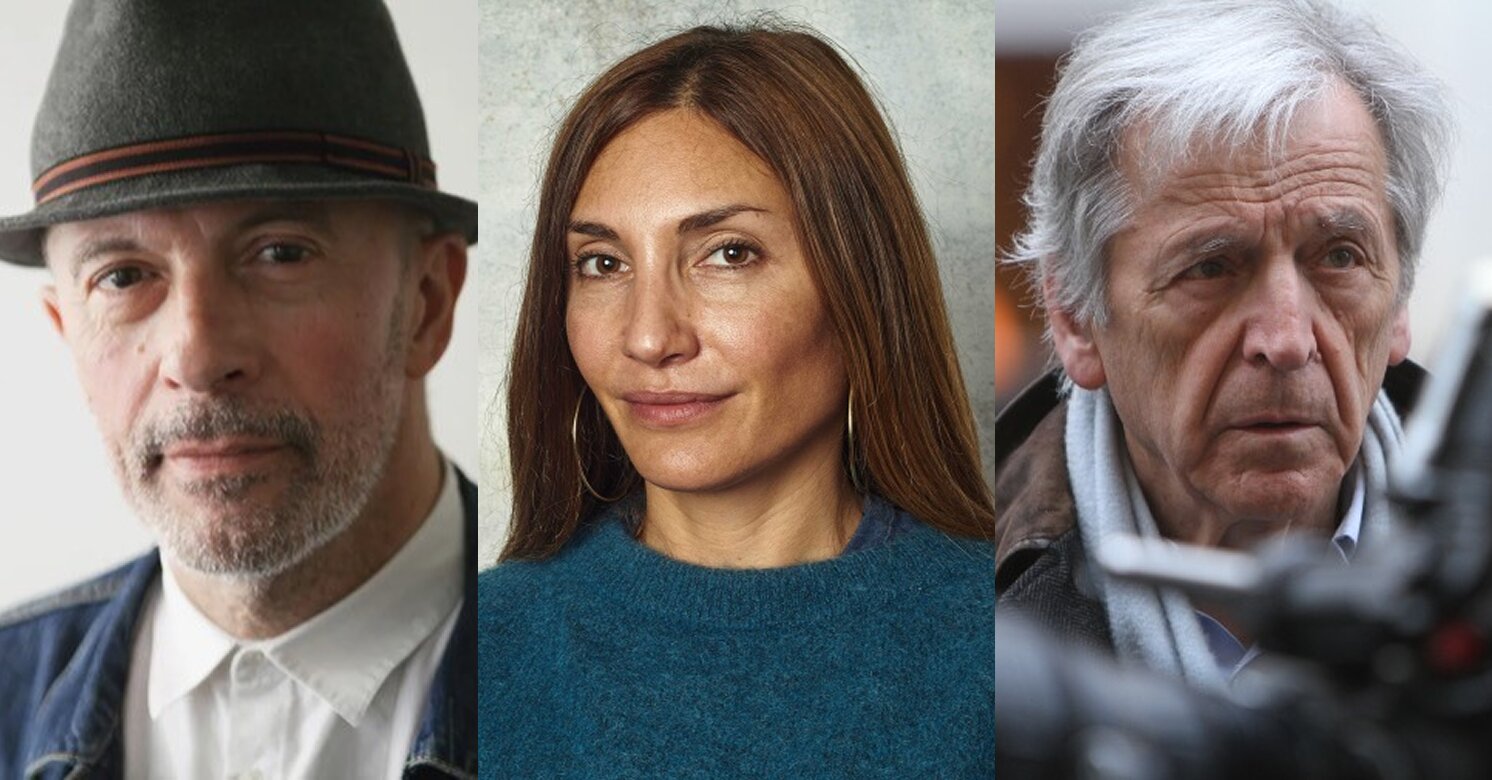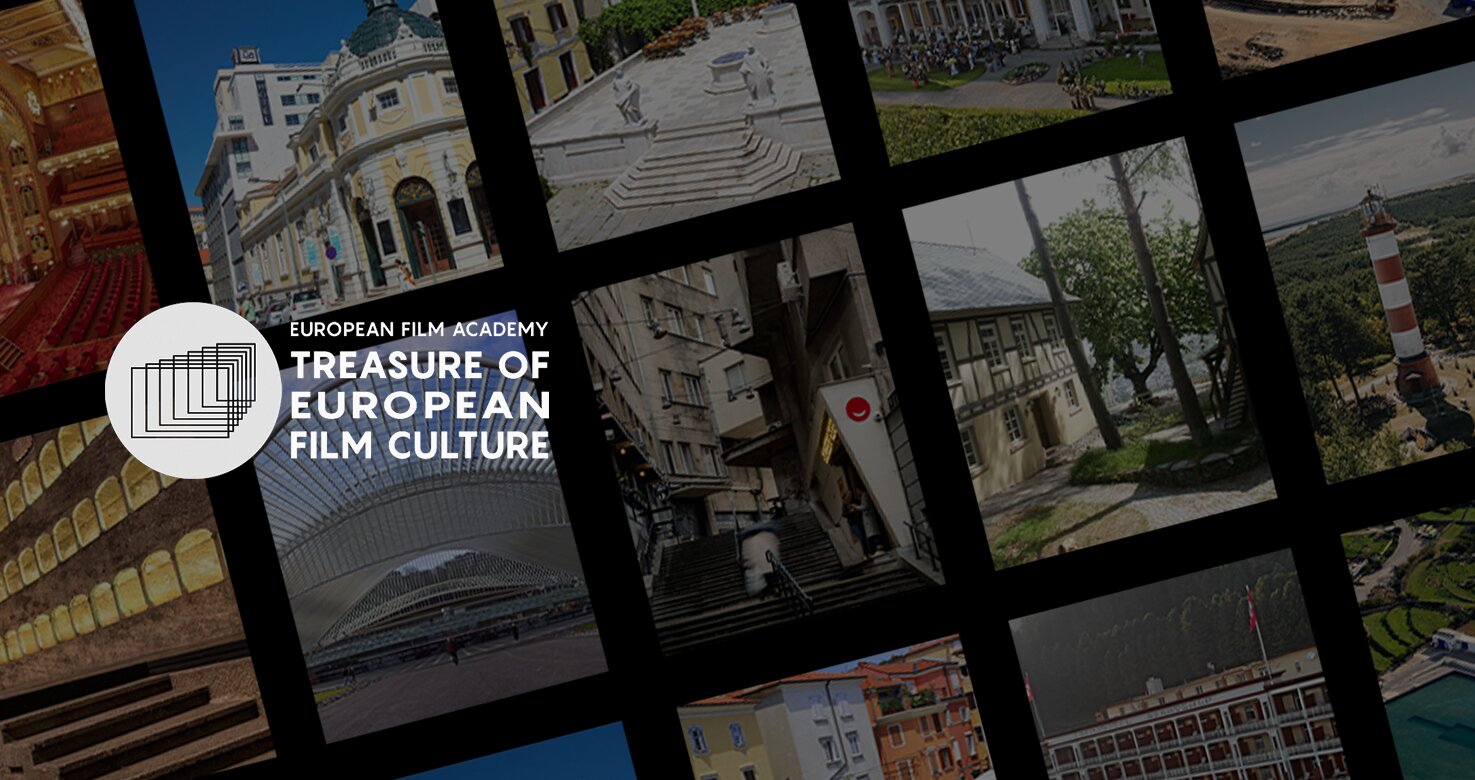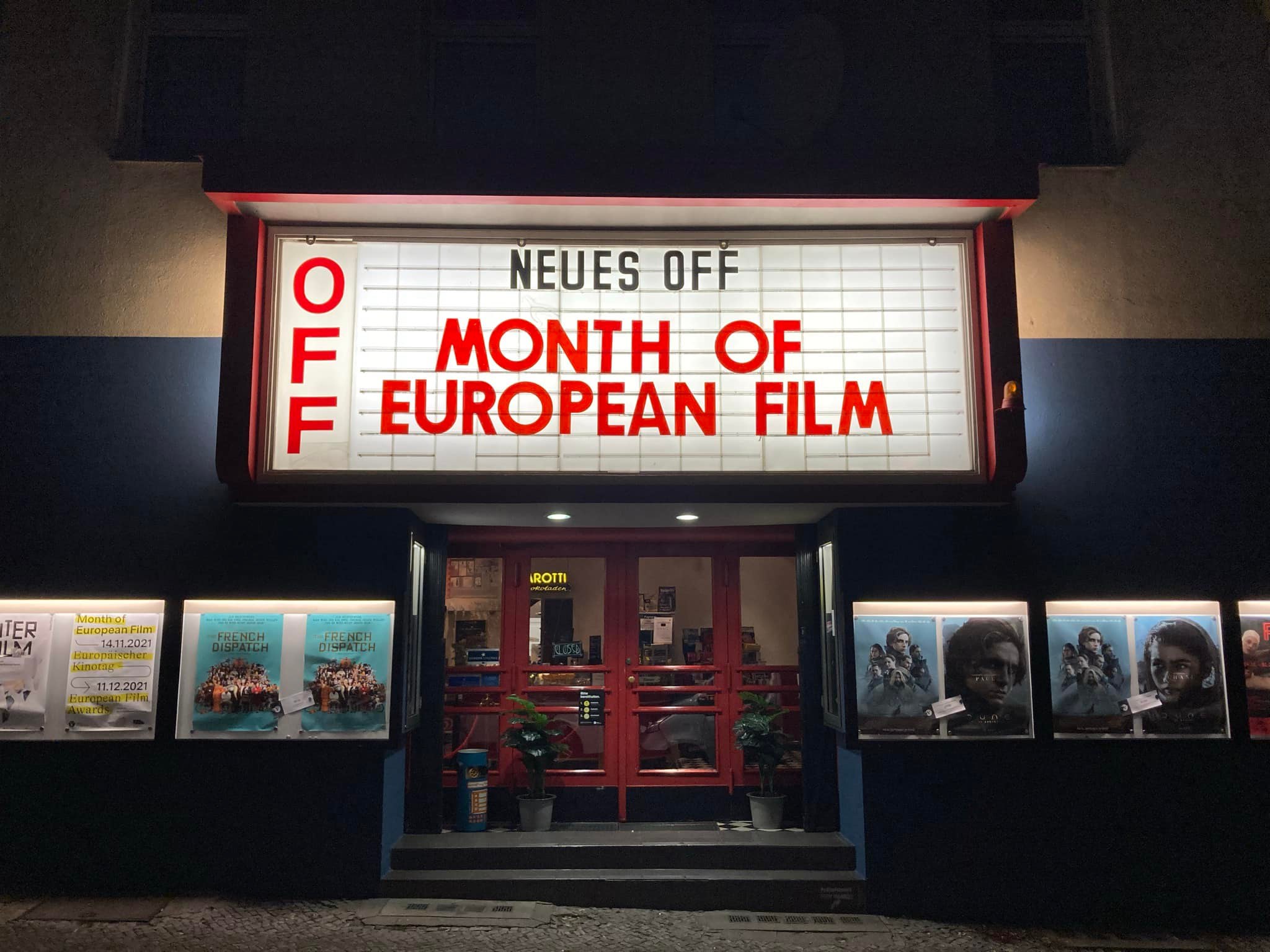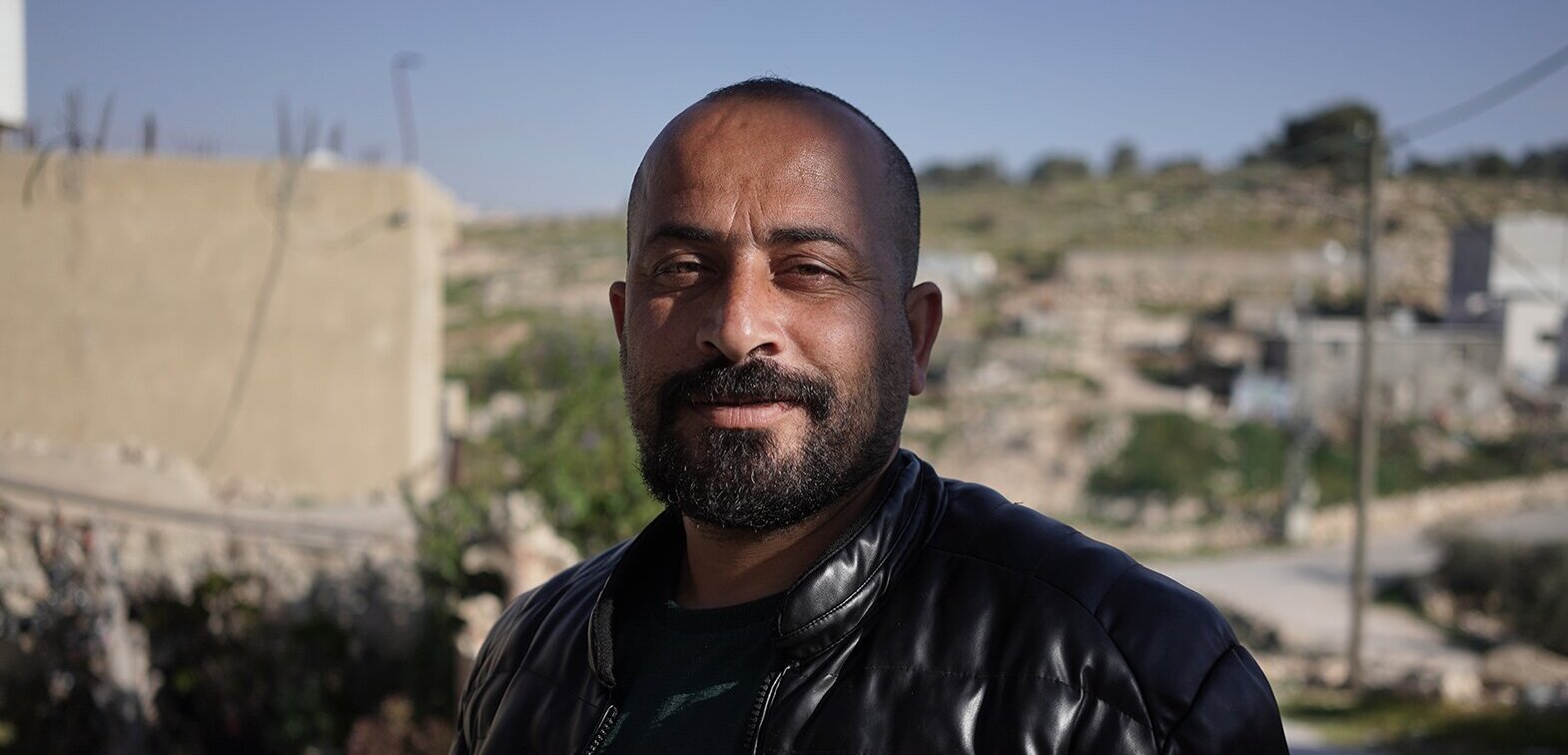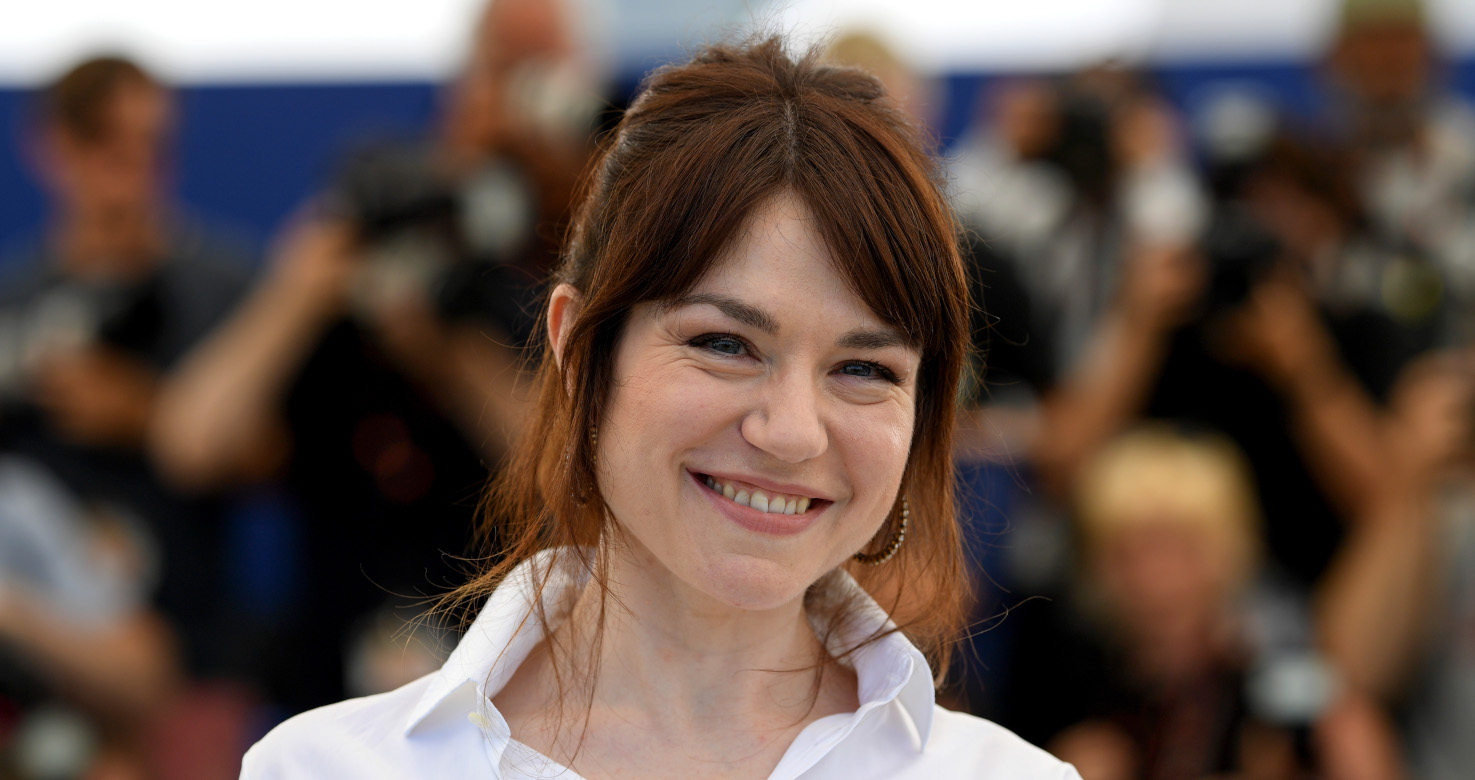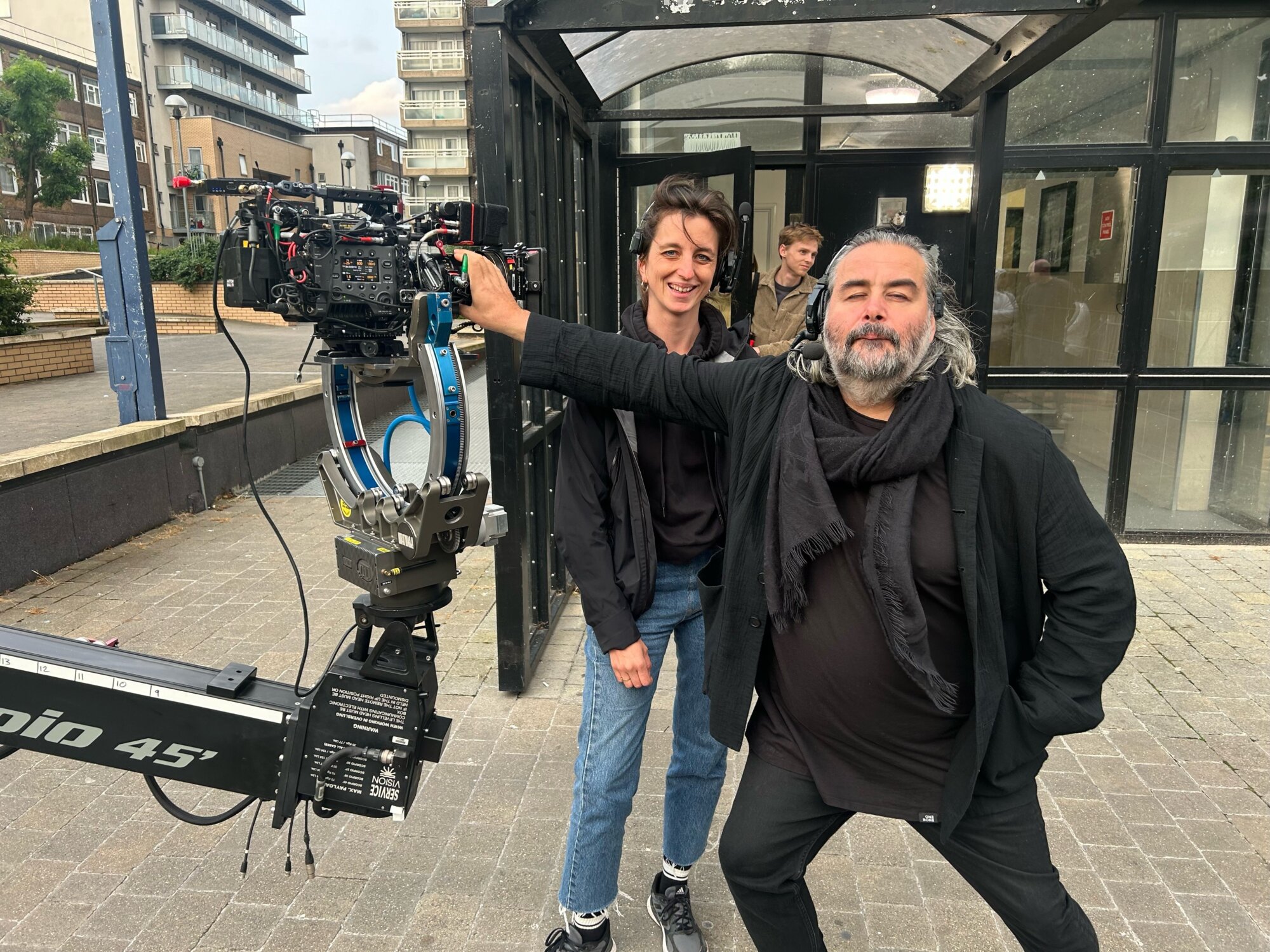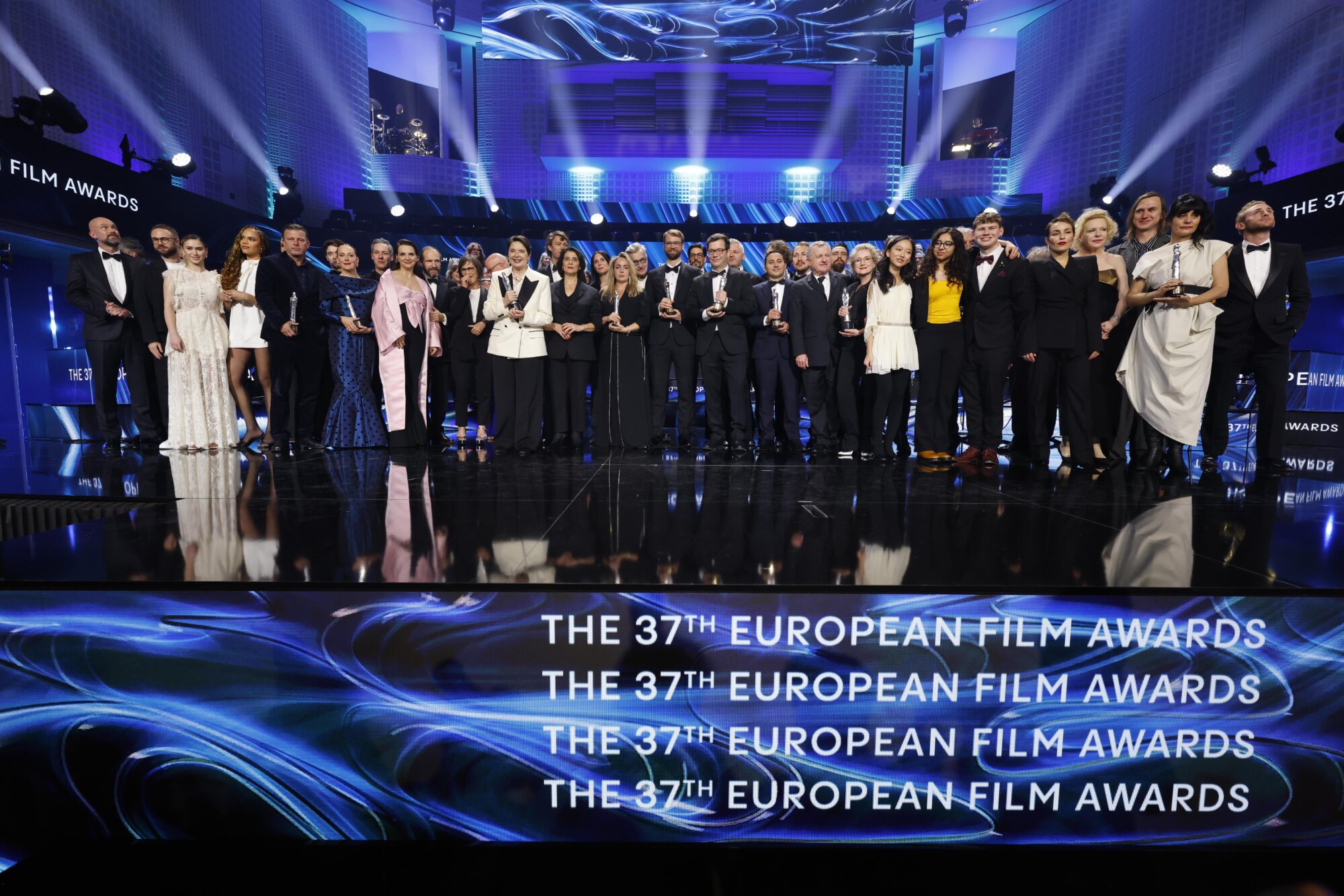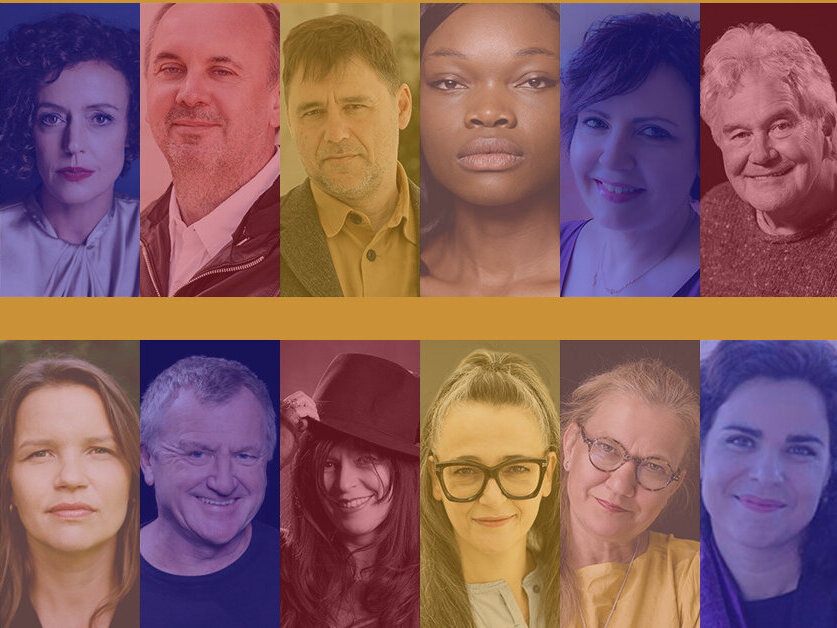Avoiding the Gaze
Avoiding the Gaze
The Significance of Touch – The Work of Isabel Coixet
The Significance of Touch – The Work of Isabel Coixet
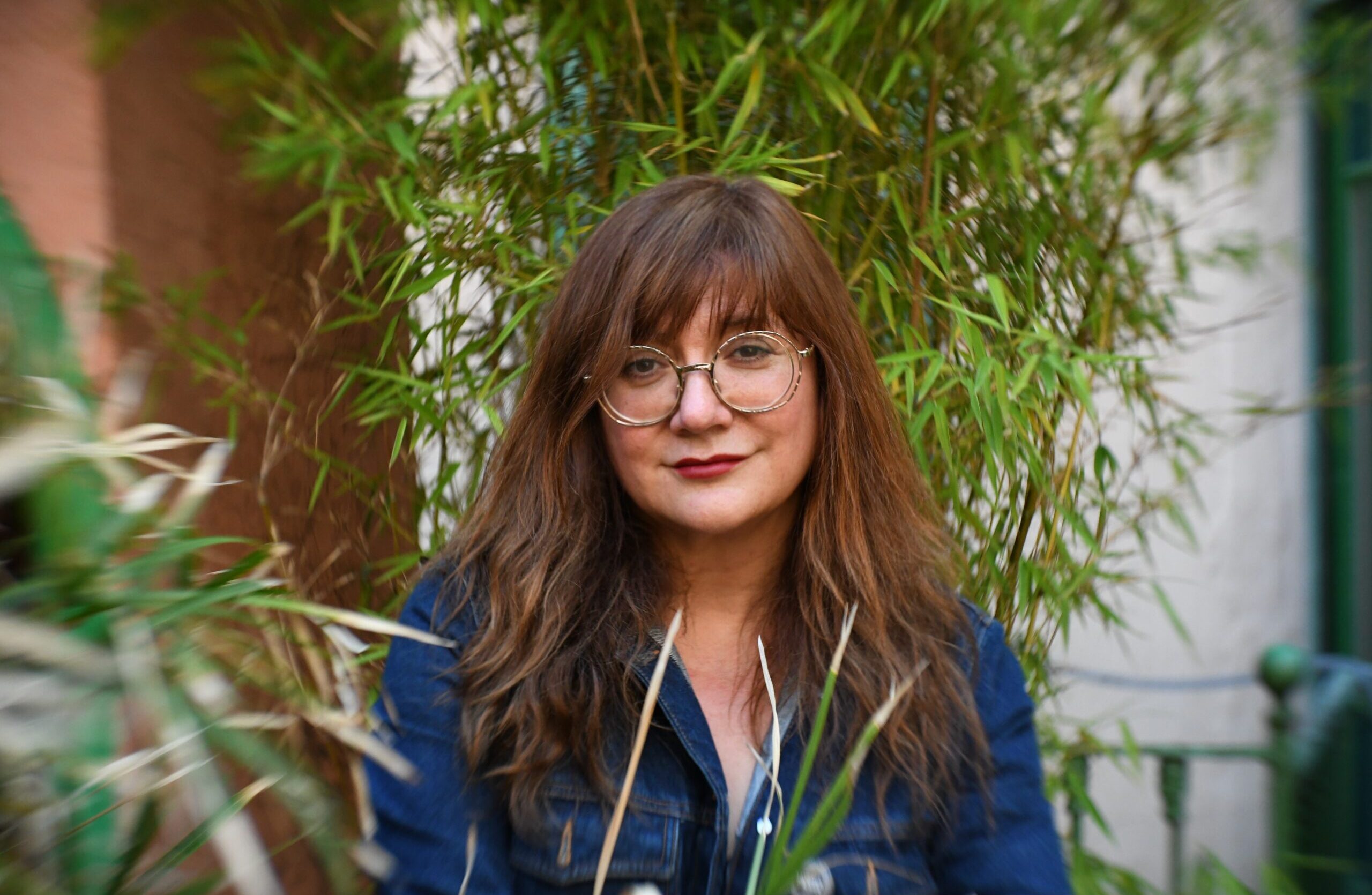
by Susanne Gottlieb, Austria
Characterising the work of Spanish director Isabel Coixet transcends looking in one place at one time. The director, who has shot the majority of her work outside her native country, and in other languages than her own, has found her inspiration in international themes, characters, and settings. Hers is a cinema beyond borders, beyond a single identity. And while she once stated, that “nobody leaves their gender or nationality in the dressing room when they set to work”, the pluralism of experiences is an evident marker in her work. “I realised you don’t need to stay in your own country, your neighbourhood, your social class, your time.”
Her oeuvre is further marked by reflections on intimacy, encounters, and reciprocity. Due to her background in advertising, she has adapted a carefully curated colour palette, an eye for compositing frames and an organic approach to using lighting. Since 2003, Isabel Coixet has served as a camera operator on almost all of her films. Her language is marked by the use of “haptic images” and hand-held camerawork. It is this technique, this soft flow of an organically moving camera, that has subsequently come to characterise her filmmaking.
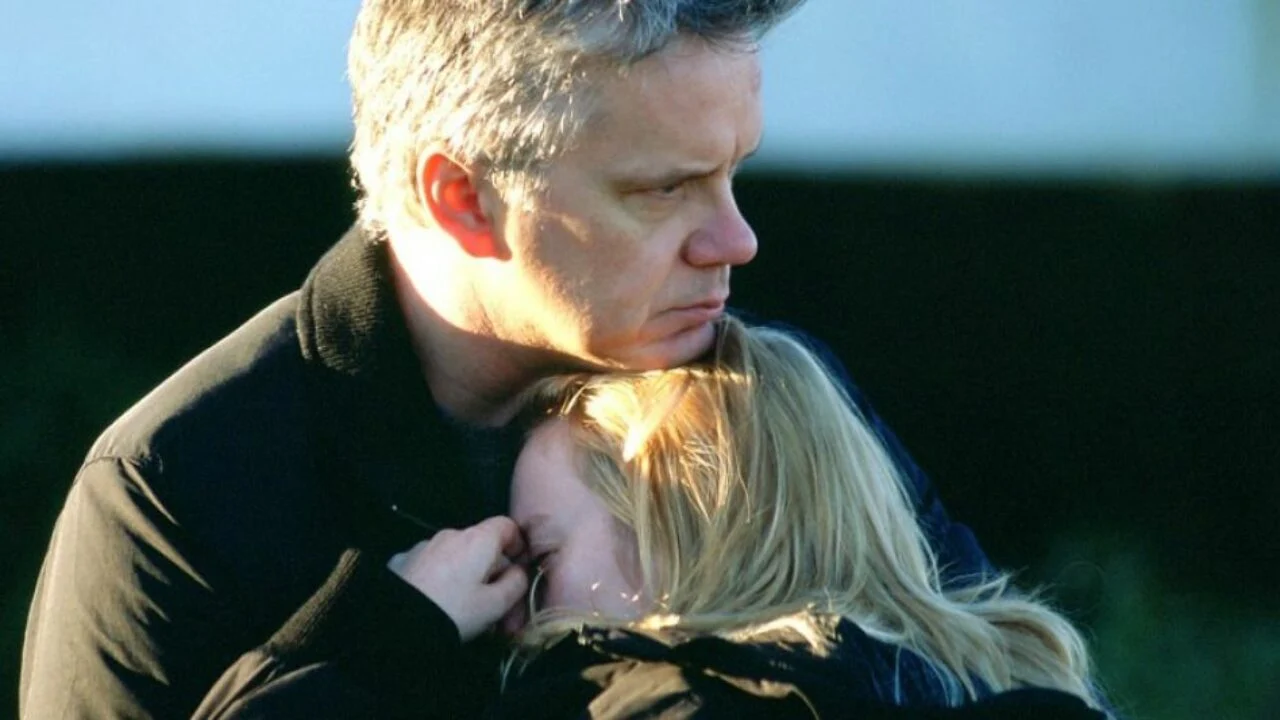
The significance which touch and textures take up in her film points to her decades-long engagement with, and critique of, the objectifying gaze. While Coixet rejects being put in the box of a female director, it is clear from her work that she is committed to questioning the traditional role of women, offering up her own way of staging her female characters. Situated somewhere between the feminist “gaze theory” of Laura Mulvey, and even earlier John Berger’s “Way of Seeing”, and the burgeoning “haptic” or embodied cinema, her camera looks on not via a fetishising gaze, but through the visualisation of other senses. Extreme close-ups, grainy shots, selective focus, superimpositions, lighting contrasts, lens flare, a change in motion and unsynchronised sound break with the slick look of contemporary filmmaking. At the same time, touch in a Coixet movie can also be interpreted in terms of withdrawal or separation. Solitude is a recurring theme in her narrative.
Just as she chooses the visual style, Isabel Coixet also chooses the words, another marker of her film language. Having written the screenplay for almost all of her films, she keeps tackling the complexity of being human. Being driven by her own social commitment, her characters are rooted in lower social classes, which becomes a driving force in the narrative. Oral communication is an important constant, the conflict arising from misunderstandings and the subsequent outcome stemming from it, a fascination since her childhood. The need for words, the fact that haptic senses and interpersonal communication often replace the gaze upon a body, are even more evident in the titles of her films, such as THINGS I NEVER TOLD YOU and THE SECRET LIFE OF WORDS.
Her cinema may be delocalised, her film language withholding from any categorisation. But with a total of nine Goya Awards, the most any female filmmaker has ever won, Isabel Coixet is an irreplaceable constant in Spanish cinema. A director, who dares to take risks, who does not conform to rules and who is always looking for a story to inspire her.
Susanne Gottlieb is a freelance film critic residing in Vienna, Austria. Her articles have been published in various outlets, amongst others Wiener Zeitung, Der Standard, NZZ am Sonntag, Filmbulletin, Cineuropa, Kleine Zeitung, Talking Shorts and Ubiquarian. She has written and translated for the Locarno Film Festival, Diagonale and Zurich Film Festival. In 2021, she participated in the European Film Academy’s “A Sunday in the Country” for young critics and film journalists. She is currently working at the Filmarchiv Austria, where she works as an assistant in the exhibition and the cinema team, and is currently doing a postgraduate in Educating, Curating and Managing at the University of Applied Arts Vienna.

